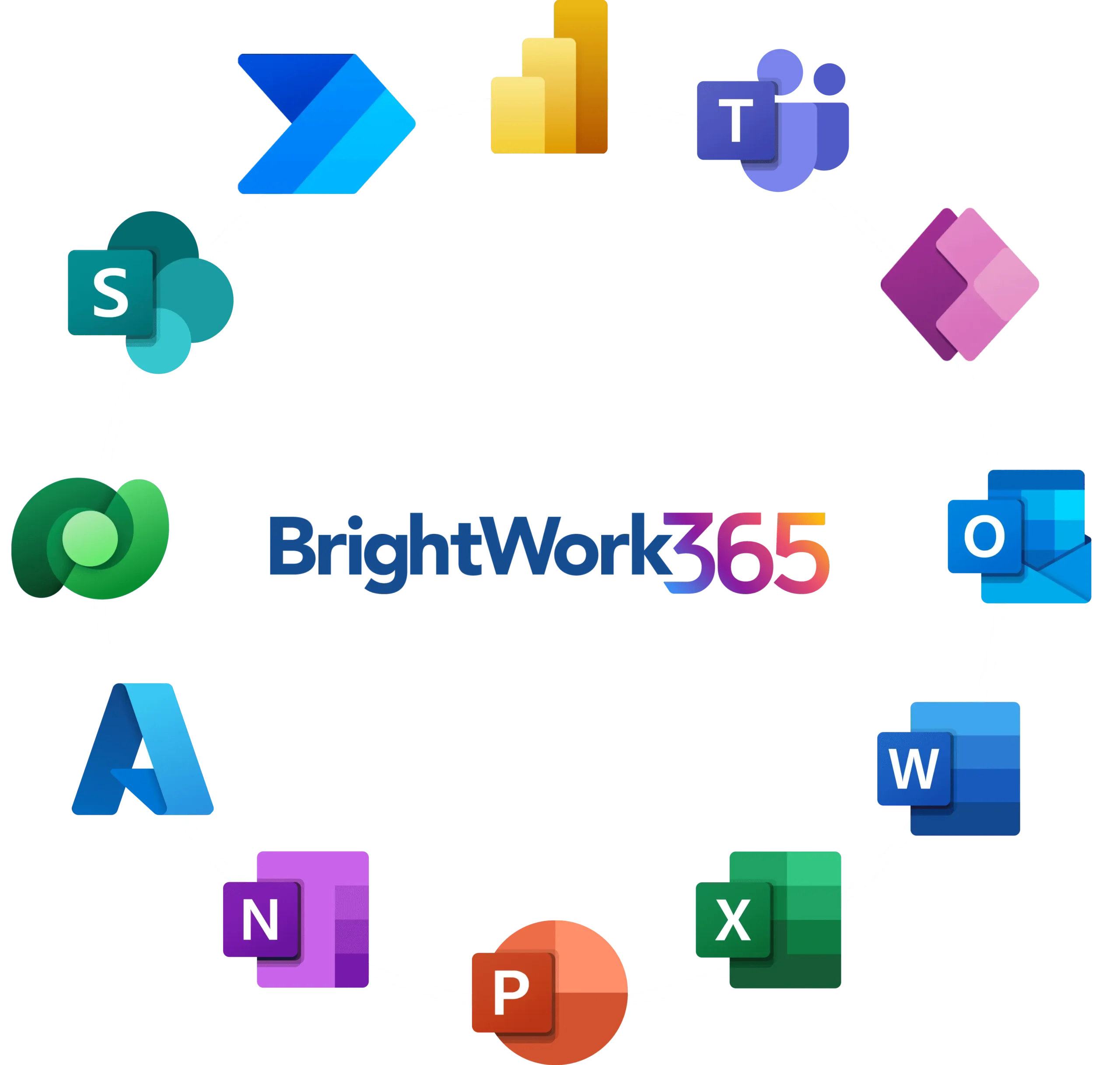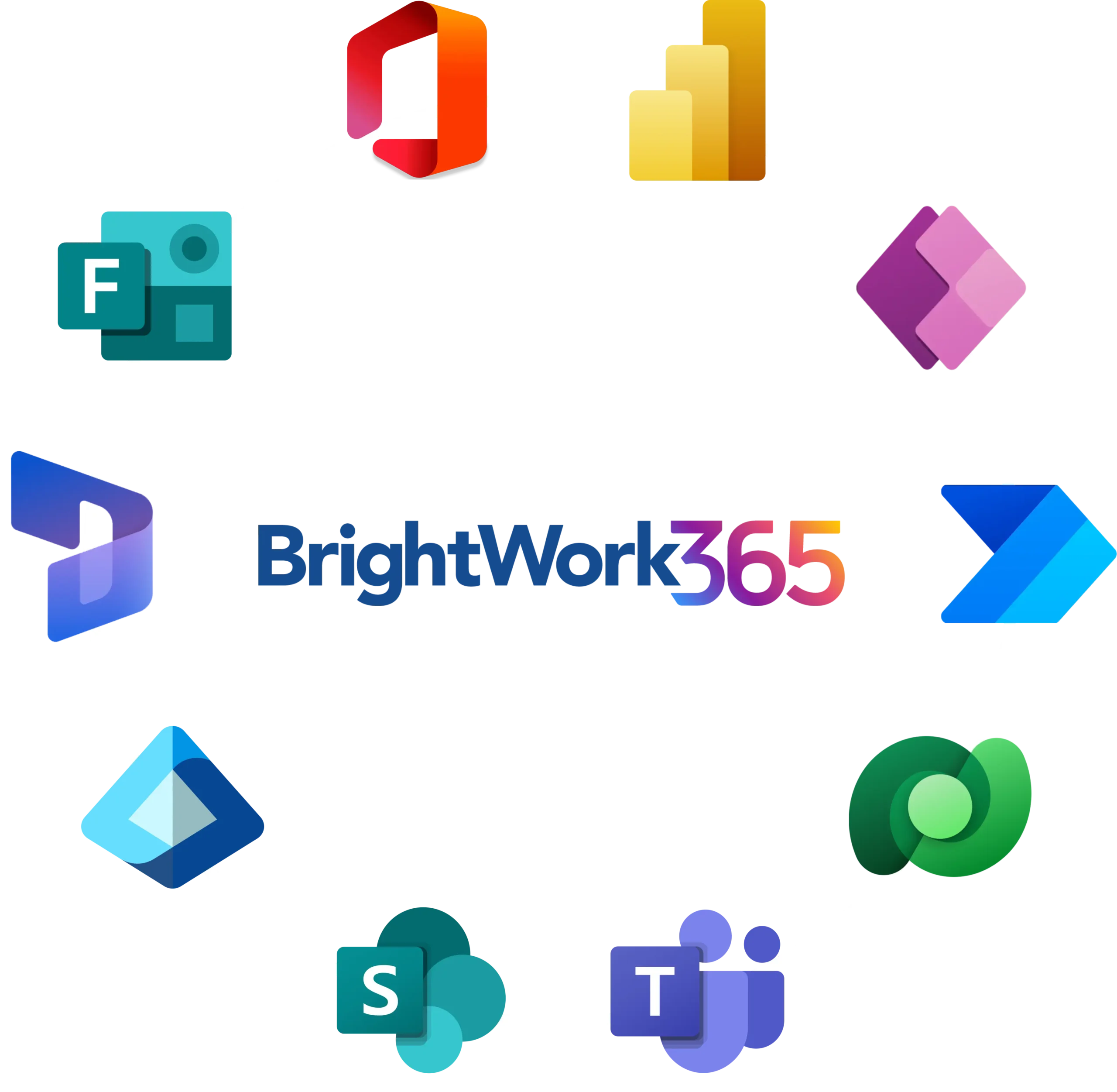What is a Project Task?
In project portfolio management, a “project task” is a defined work necessary to achieve the project’s goals. It is a distinct, manageable, and assignable activity that contributes directly to the project’s outcome.
They are essential components of any project, representing the smallest unit of work that can be scheduled, tracked, and executed. They form the foundation upon which the entire project structure is built.
Project tasks are typically assigned to specific team members responsible for their completion within set deadlines. Completing each task moves the project incrementally toward its final objectives, emphasizing the importance of precise task definition and management in the overall project strategy.
What are the Main Characteristics of a Project Task?
A project task is central to effective project management. It is characterized by specificity, measurability, assignability, and time constraints. Recognizing these characteristics helps with completing tasks efficiently and contributes to project success.
Specificity
A project task must be specific, having a clear objective that eliminates ambiguity. This clarity ensures that anyone involved understands precisely what is expected, enhancing coordination and execution. The task’s specific nature aids in maintaining focus and direction throughout the project’s duration.
Measurability
Measurability is another vital characteristic of a project task. It evaluates whether the task has been completed successfully through specific outputs, results, or actions. Measurable tasks enable adequate progress tracking and assessment of the project’s advancement toward its goals.
Assignability
Assignability ensures that each project task can be allocated to specific individuals or teams. This characteristic is crucial for establishing accountability and ensuring tasks are completed within the required timeframe. Assignability helps in the precise distribution of responsibilities, making management smoother and more structured.
Time-Bound
Every project task needs to be time-bound and possess a clear deadline. Deadlines help maintain the project’s pace and ensure tasks are completed promptly, preventing delays that could impact the project’s timeline and success.
Size and Complexity
The size and complexity of a project task can vary significantly, influencing how it should be managed. Larger, more complex tasks may require subdividing into smaller, more manageable components, facilitating better control and execution. Identifying a task’s size and complexity is essential for realistic scheduling and resource allocation.
Manage Projects with Microsoft 365, Power Platform, and Teams
Collaborate seamlessly from anywhere, with BrightWork 365 and Microsoft Teams

How Project Tasks Influence Project Portfolio Management
Project tasks are vital components of project portfolio management, serving as the essential building blocks for project execution. Their management impacts the overall efficiency and success of project portfolios. Consider the following:
- Each project task contributes directly to the overarching project goals. Successful completion of these tasks cumulatively leads to the project’s overall success.
- Effective task management ensures that resources are allocated optimally, preventing wastage and maximizing utility across the project portfolio.
- Prioritizing tasks based on urgency and importance helps focus resources and efforts on critical activities, ensuring strategic alignment and timely completion.
- Identifying and managing task dependencies is crucial to prevent project delays. Effective dependency management ensures smooth project flow and adherence to timelines.
- Proper task management helps identify potential risks early, allowing for timely mitigation strategies that protect the project’s outcomes.
- Tasks form the basis of project schedules. Well-defined tasks and their management influence the accuracy and reliability of project timelines.
- Clarity in task assignments and progress updates enhances communication among team members and stakeholders, ensuring everyone is aligned with the project’s objectives and status.
What are the Most Important Tools for Project Task Management
Various tools designed to streamline task assignments, progress tracking, resource management, and team collaboration facilitate effective project task management. Here are some essential tools that significantly enhance task management efficiency.
Project Management Software
Project management software is essential for comprehensive task management. These platforms allow teams to create, assign, monitor tasks, manage deadlines, and allocate resources efficiently. They often include visual aids like Gantt charts and robust reporting tools to track progress and analyze performance.
Online Collaboration Tools
Online collaboration tools provide web-based platforms that enhance team interaction and task management. These tools support task creation, delegation, and monitoring and often include additional features for file sharing, direct messaging, and video calls to foster better teamwork.
Notable examples include Trello, Asana, and Slack, which are known for their user-friendliness and affordability, making them ideal for smaller teams or projects that demand high levels of collaboration.
Task Management Apps
Task management apps like Todoist or Wunderlist are designed to simplify daily task tracking and organization. These apps are beneficial for managing individual or small group tasks, offering features like task categorization, reminders, and progress tracking.
They are highly accessible, often available on multiple platforms, and are perfect for personal task management or small projects.
Time Tracking Tools
Time tracking tools are crucial for managing project timelines and ensuring tasks are completed within designated periods. These tools help monitor the time spent on each task, facilitating better time management and productivity analysis.
Examples include Clockify and Harvest, which integrate well with other project management tools to provide a comprehensive overview of time allocation and resource usage.
A Fundamental Unit of Work
In conclusion, a project task represents a fundamental unit of work within project portfolio management, characterized by its specificity, measurability, assignability, and time constraints. These elements are essential in guiding project managers and team members toward the successful completion of projects.
Numerous tools, such as project management software, online collaboration tools, and task management apps, are available to facilitate effective project task management management.
These resources enhance the task management process by streamlining operations, improving team communication and collaboration, and ensuring tasks are completed efficiently within budget and schedule constraints.
Manage Projects with Microsoft 365, Power Platform, and Teams
Collaborate seamlessly from anywhere, with BrightWork 365 and Microsoft Teams.
